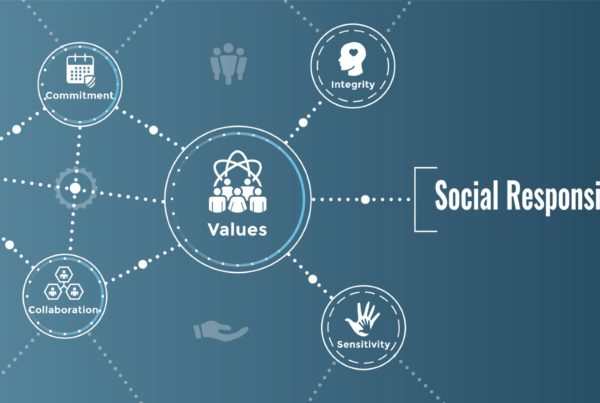Thomas Maizels, Partner
In 2020 Twilio, a San Francisco based Communications Platform as a Service (“CPaaS”) provider, saw its share price grow 280% making it the 4 highest US growth stock only to be eclipsed by Tesla, Zoom and Pinterest. Twilio’s meteoric rise is symptomatic of a “gold rush” moment in the CPaaS market as organisations are looking to rapidly transform their infrastructure in a bid to better engage with their end customers as well as allow their own employees to operate in a decentralised working environment across multiple communication channels.
What is CPaaS and how has the market evolved?
CPaaS is a multi-layered cloud based platform from which developers can build and run their communications. These platforms offer APIs to a broad spectrum of communication functionality (from voice to video to what’s app) as well as the connectors to carriers and other network providers. Overlaying the development of this technology is a now a ubiquitous understanding at board level that for large enterprises to acquire and retain customers they must deliver exceptional customer experience but being able to execute this in an environment of continually expanding communications channels is complex. Using a CPaaS platform, enterprises can leverage the API toolkit to embed communications features / functionality into their business applications creating a quick, cost effective “build your own” omnichannel platform that can be easily scaled up as the organisation grows.
The digital natives were all early adopters of CPaaS – Amazon, Uber and Airbnb for example are able to deliver highly engaging, personalised experiences across a range of different channels and have in doing raised the bar on what good CX looks like. Pre Covid, there was relatively light adoption of CPaaS platforms amongst traditional enterprises who were sat on older on premise technology but this is starting to shift as COVID-19 has acted as a catalyst of change given that the digital experience is now the only experience a consumer will engage with an organisation. This presents huge growth opportunities for CPaaS vendors and partners alike as we expect to see a pivotal shift to these platforms in the coming years.

CPaaS vendor market structure
The market is broadly broken into four vendor sets:
- “Pure play” CPaaS vendors such as Twilio, Infobip, Plivio which focus primarily on cloud native communication solutions and generally have been advancing the latest developments in this space
- UCaaS vendors such as Vonage, Ring Central and 8×8 have entered the market predominately through acquisition of “pure play” vendors (Vonage acquired Nexmo in 2016 and 8×8 acquired Wavecell in 2019) who will incorporate CPaaS with a full portfolio of cloud UC
- Traditional providers of on premise technology vendors such as Avaya, Mitel and Cisco have started to invest heavily in similar functionality as a defensive play to stop customers moving away from their own infrastructure
- Mobile / SMS centric players such as IMImobile (now part of Cisco) that have built platforms on voice and SMS and are too investing in CPaaS capabilities
All the above players vary in terms of depth and breadth of their offer but as the market has grown the modular APIs on offer have become more sophisticated and feature rich.
Future trends and opportunities in the partner ecosystem
At Horizon we have been closely observing the rise of the new CPaaS giants and believe this will have significant impact on the UK technology partner ecosystem. These include:
- Sizeable growth opportunities for partners who have built expertise with leading CPaaS vendors. These partners expertise will be critical in supporting customers decide on what technology to adopt and how to implement them, given an organisations business specific circumstances and localised market requirements.
- The ability for partners, through taking customers on this transformational journey, to offer layers of IP where there is whitespace with existing CPaaS vendor solutions. For example building in specific tool sets that supports UK local government requirements that would not be currently served by the vertically agnostic CPaaS platforms.
- An increase of overall mix of professional / implementation services revenues in the IT supply chain. The CPaaS solution being deployed by its very nature requires less ongoing managed service support wrap which will naturally reduce overall contracted revenues for service providers. This will be a trade off to give up security of recurring contracted revenue in exchange for higher growth rates in professional services.
Inevitably these shifts will create winners and losers as new businesses emerge and deliver high levels of growth. Through this dislocation, we believe there will be significant opportunities where Horizon could partner with businesses that are well situated to benefit from these positive emerging trends and accelerate their growth through an organic and acquisitive growth strategy.



